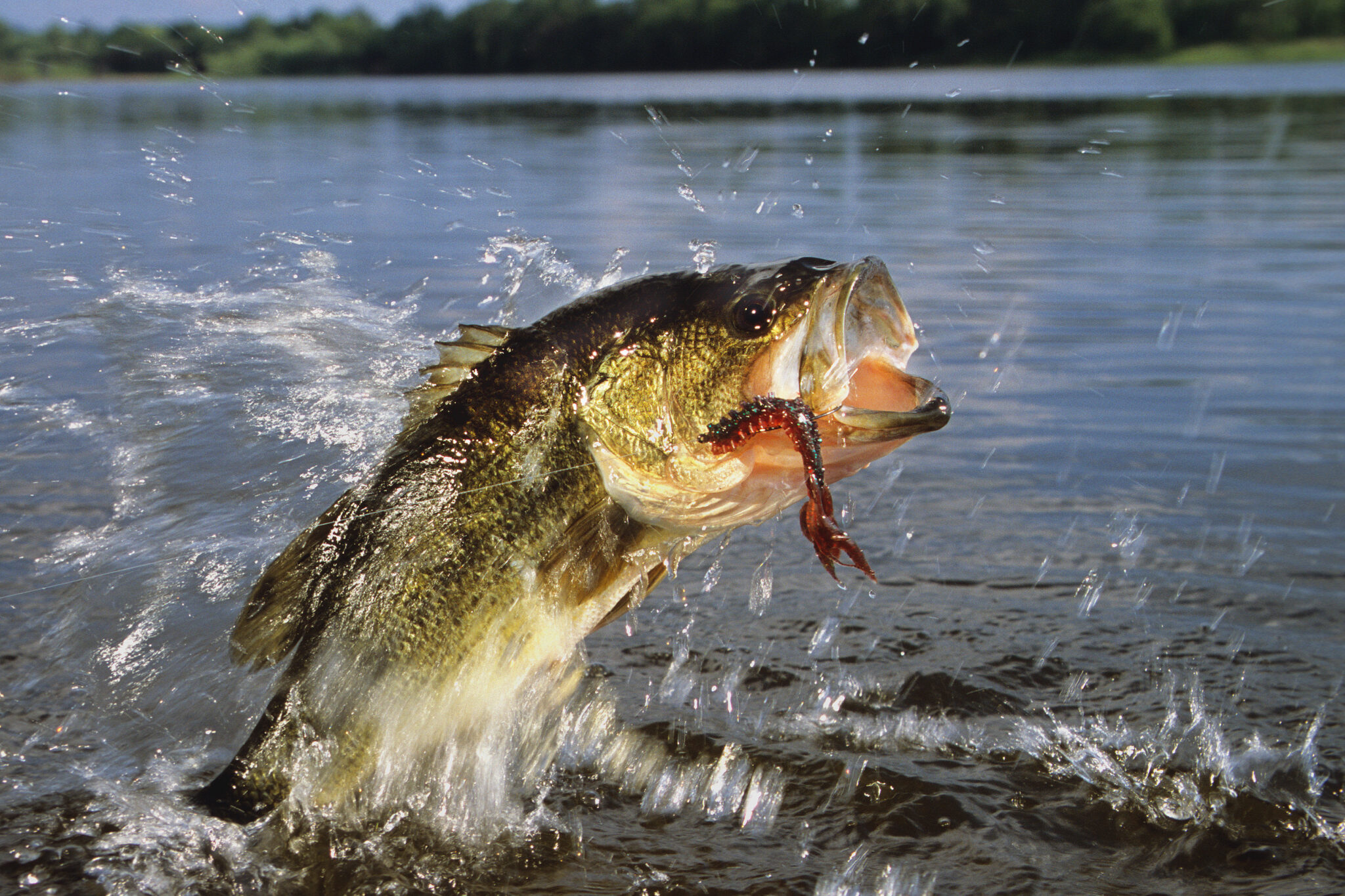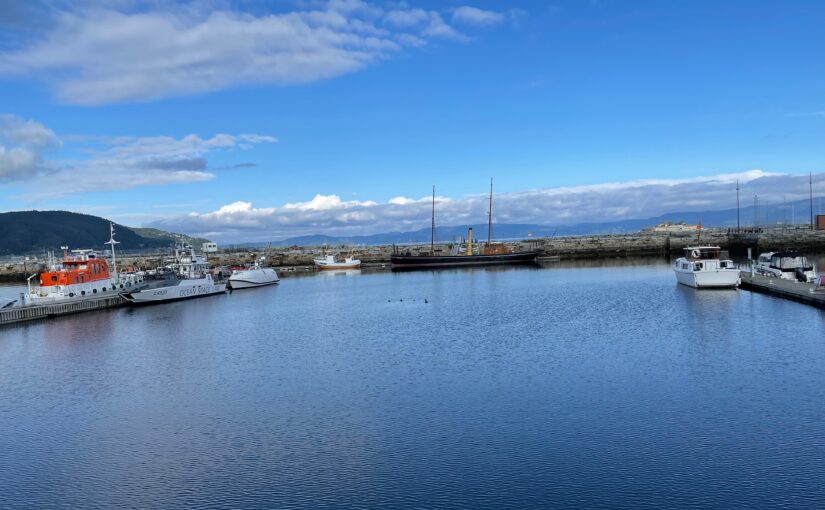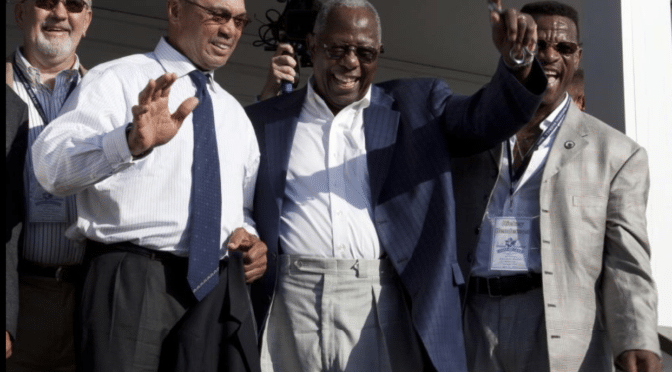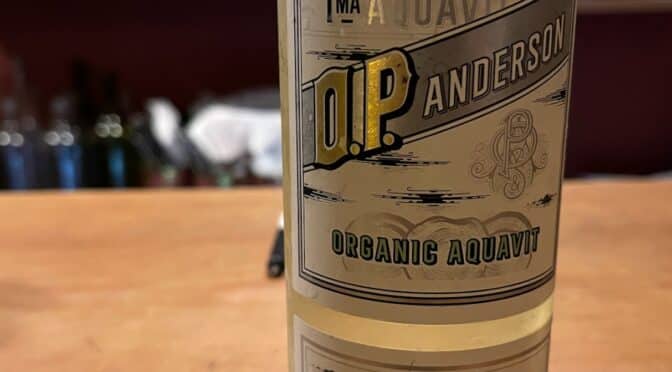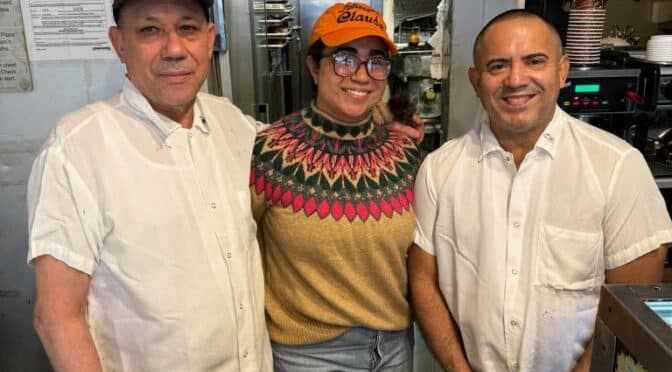by Nick Taylor
When I knew Ray Scott back in the 1980s, he wouldn’t have forecast that he’d get a six-column headline in The New York Times for his obituary. Or maybe he would, because Ray Scott was long on confidence. Anyway, that’s what he got, and photos, too, one of them clowning with First Lady of the United States Barbara Bush in a bass boat on his Alabama lake.
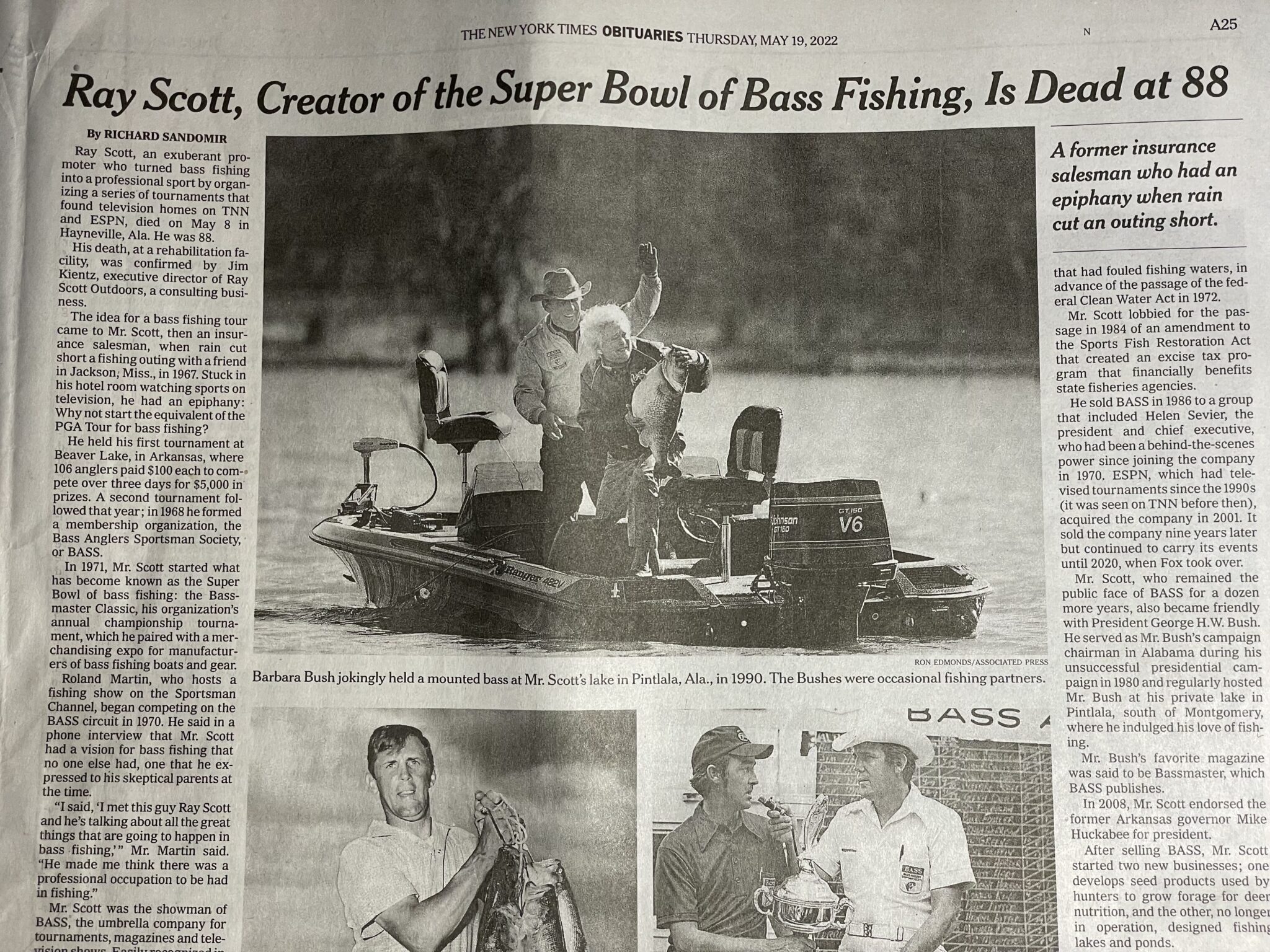
Ray’s New York Times obituary
I met Ray on a rainy Sunday in December 1983. What took me to him was a story in that morning’s Atlanta Constitution about a fishing tournament. The winner, it said, would make $100,000. I called my friend Phil Graitcer, and soon we were driving through the rain to Lake Sidney Lanier, north of Atlanta, to see what this fishing tournament was all about.
What we found, as I described it in Bass Wars, the book I later wrote, was “a world I found immediately fascinating. The men returning from the lake had the aura of warriors; their sharp-prowed boats looked like chariots of war; as they emerged from the mist that enveloped the lake, they seemed to be escaping from the smoke of battle. Waiting for them on the shore were families, women and children huddled under umbrellas, as if expecting news of casualties.”
Ray was the artist who imagined and created this scenario. The story is legend in bass fishing circles. A traveling insurance salesman who traveled with his fishing gear, he was stuck watching sports in his Ramada Inn hotel room in Jackson, Mississippi, one rainy night in 1967. As he remembered it, he was watching a basketball game when the revelation struck him, and he rose to his feet and yelled, “That’s it!” “That” was making bass fishing into a spectator sport and bass fishermen into professional athletes. The tournament on Lake Lanier was the vehicle he invented going on twenty years earlier to do just that.
And there he was, standing tall atop a weighing stand as the fishermen came in. He had a boxer’s rumpled nose and a crooked grin and wore his trademark cowboy hat, and you recognized the entertainer and promoter in his easy chatter with the crowd. The bass, carried by the fishermen in mesh bags, had been kept alive in live wells on the boats. Now they would be weighed, released back into the lake, and the fisherman with the heaviest catch over the tournament’s four days would win the $100,000.
A local fisherman, not one of the big stars, won the prize. And I did too, because I turned that tournament into a magazine proposal and The New York Times Magazine piece that resulted into a book proposal, and that proposal into Bass Wars, my first book. And for Bass Wars I spent 1986 following the pro bass fishing circuit and got to know Ray.
The success of his “That’s it!” moment was already clear. He’d leveraged his increasingly successful and lucrative tournaments into B.A.S.S., the Bass Angler Sportsman Society that, with its half million members at the time, was the world’s largest fishing club. He launched Bassmaster magazine to quench a monthly thirst for fishing news, and ultimately published a total of six consumer and trade magazines. He’d created the so-called World Series of Bass Fishing in the Bassmaster’s Classic, a year-end tournament featuring the season’s top performers, with camera crews filming the action. Now, he was about to stir live spectators into the mix.
That wasn’t easy. The fishermen didn’t fish in stadiums. They normally disappeared to far-flung spots across vast lakes. But in Little Lake Harris northwest of Orlando, Florida, Scott’s staff had found fishing holes where the ten leaders after four days of fishing on an adjoining, larger, lake, would spend two days rotating among marked spots with views from the shore. MegaBucks, the tournament was called.
Along with thinking up new tournament formats and creating new sports heroes in fishermen like Rick Clunn, a three-time Classic winner, and Roland Martin, whose seasonal catches had earned him multiple Angler of the Year titles, Scott had draped the mantle of conservation around bass fishing. It was his idea to keep the caught fish alive in aerated wells in the fishing boats. When America’s most popular sport took pains to keep its prey alive, people outside the fishing world took notice. George H. W. Bush, the Texas wildcatter turned politician, was a friend. Ray headed Bush’s 1980 presidential campaign in Alabama before Ronald Reagan won the Republican nomination. Reagan tapped Bush as his running mate, and Ray enjoyed bragging that he’d sat naked in a hot tub with the future Vice President of the United States on one of his Alabama campaign swings.
Not all of Ray’s moves were forward looking. When a woman fishing columnist and sports writer for the Orlando Sentinel applied to be one of the press observers in a boat with one of the Megabucks finalists, Scott said no. What was more, only men fished in B.A.S.S. tournaments. Apparently they were too delicate to pee off the sides of their boats if a woman was on board or in a nearby boat, even if they turned away. Or their wives would object. And that wouldn’t change, Ray said. People would be ice-fishing for bass in Little Lake Harris before he’d change that rule.
The year went on, a year marked by the realization of one of Ray’s dreams. The tournaments were now getting regular television exposure on cable’s The Nashville Network with a B.A.S.S.-produced half-hour show that aired three times on Sundays. It was getting rare to see a photograph of a contending fisherman without a TV crew somewhere in the shot. Ray even gave them advice on what to wear. Reds and whites didn’t play well on TV, he said.
Ray sold B.A.S.S. that year to a group headed by one of the company’s executives, but remained its chief showman presiding at the tournament weigh-ins. Two years later, his friend George Bush was elected President and among the post-election coverage was a New York Times story in which Bush said Bassmaster was his favorite magazine. Around Thanksgiving, Ray picked up the phone to hear Bush ask what he was doing on December 29.
What he did was host the President-elect at his home near Montgomery, Alabama. Bush arrived with the Secret Service and there was no naked hot tubbing this time. Instead, Bush and Ray spent six hours fishing on Ray’s private lake. “I’m embarrassed to tell you,” Ray said, “but he caught nine bass and I caught eight.”
The relationship caught the attention of the mainstream media. B.A.S.S. suddenly found itself fielding countless requests to know more about Scott and the organization.
Early in 1989, after Bush’s inauguration, I picked up the phone one evening to hear Ray’s distinctive drawl on the other end. He said he was calling from the Lincoln bedroom in the White House, where he and his wife Susan were enjoying the Bushes’ hospitality. He had just called to say, he said, that all things were possible with bass fishing.
So the page-width headline on Ray’s obituary wasn’t so surprising after all. He was 88 when he died on May 8 in Hayneville, Alabama. Rest in peace, Ray. I’m glad our paths crossed, and it was fun to know you.
You can jump into Ray Scott’s world with the audiobook of Bass Wars. It’s got a great story and equally great narrator.
